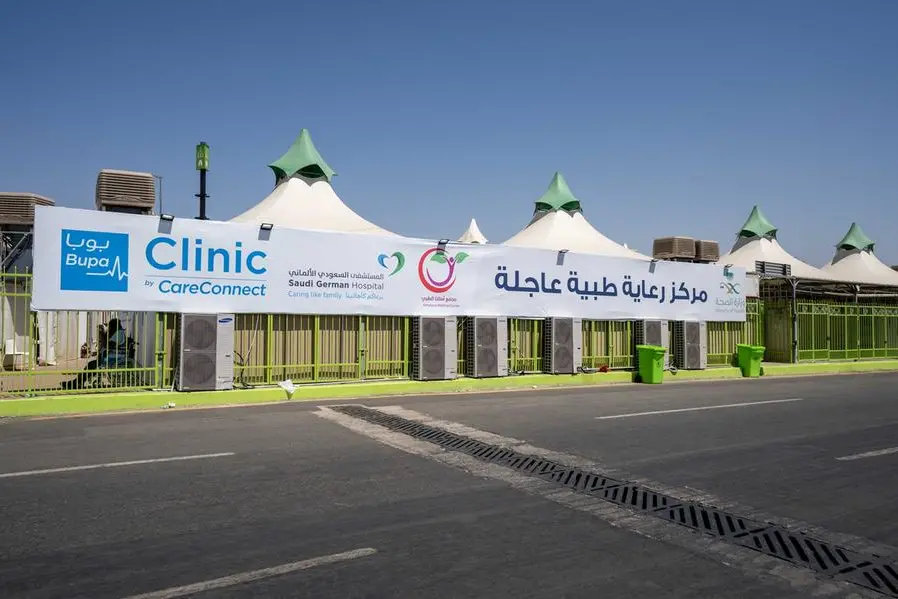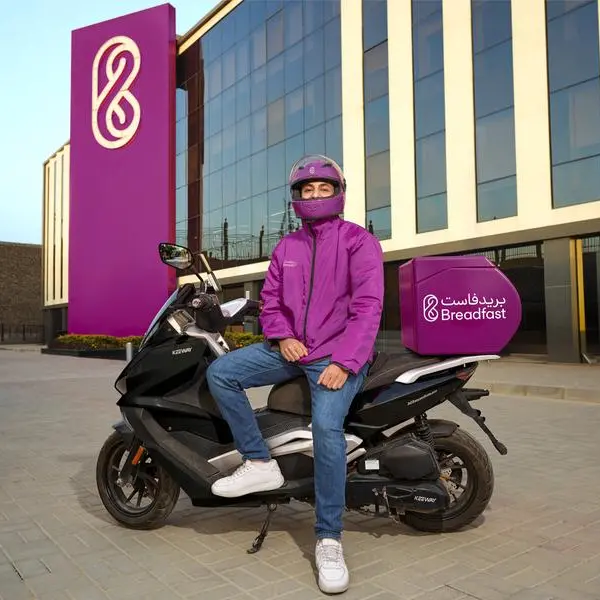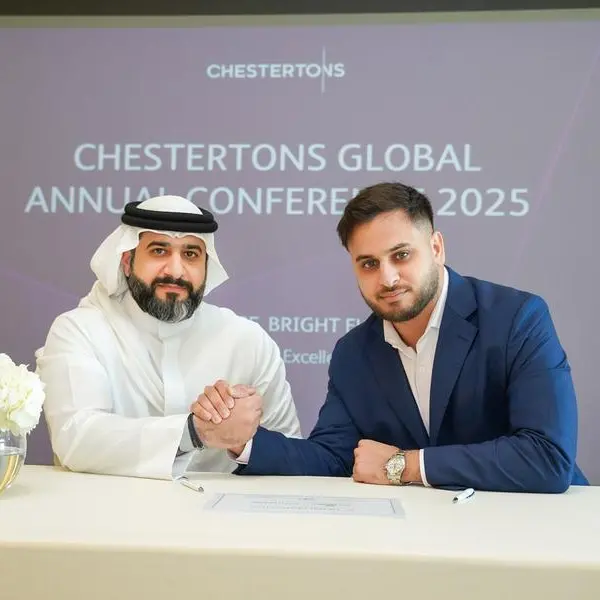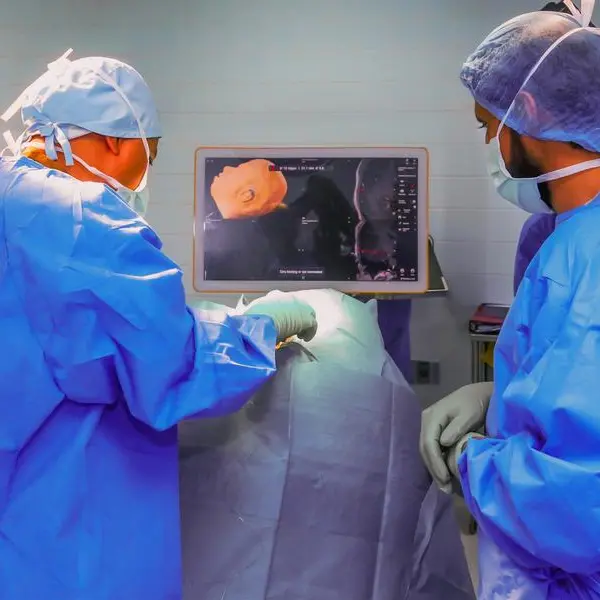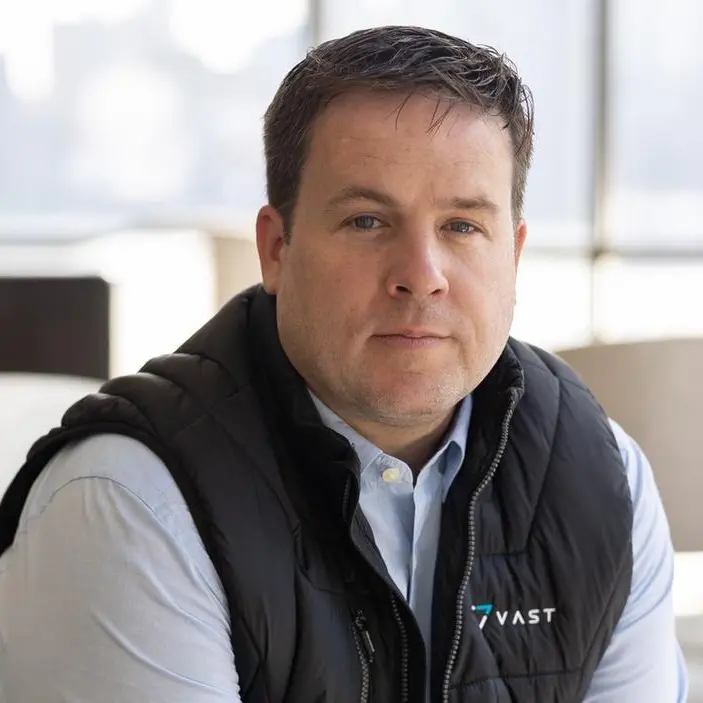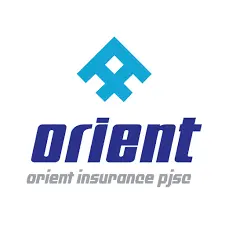PHOTO
Makkah: In the searing heat of Mina and under the pressure of serving one of the world’s largest annual gatherings, Bupa Arabia’s healthcare subsidiary, Bupa CareConnect , has redefined the Hajj healthcare experience in 2025. Through its pioneering initiative” Bupa Clinics” the company deployed a field-based clinic model offering digital-first, people-centric healthcare services to pilgrims—regardless of their insurance status.
Set up between June 4–9 in close coordination with the Ministry of Health, the Bupa Clinics offered around-the-clock medical support during the peak days of the pilgrimage. Strategically located near pharmacies and emergency care facilities, the clinic operated under an ambitious model that merged cutting-edge diagnostic equipment with compassionate care tailored to the urgent and often unpredictable needs of Hajj.
1,368 Pilgrims Cared For — With Zero Distinction Between Members and Non-Members
Over five days, the clinics handled 1,368 medical cases—75% of them male, 25% female. From treating exhaustion and heat stroke to managing chronic illnesses and responding to trauma, the medical team—comprising six doctors and three nurses working rotating shifts—provided fast, accurate care supported by digital health infrastructure. Notably, 20 critical patients were transferred to the Armed Forces Hospital in Mina, and one life-threatening case required an emergency life-saving intervention.
“The key word was accessibility,” said Dr. Abdullah Khafagy, Executive Medical Director at Bupa CareConnect . “We treated every pilgrim as our own, offering proactive care with dignity, efficiency, and empathy.”
Digital Diagnostics, Real-Time Records, and Psychological Support
Equipped with ECG, blood pressure, and glucose monitoring devices—all integrated into Bupa’s centralized digital health platform—the clinics enabled instant diagnosis, seamless data logging, and streamlined referrals. This setup not only enhanced the speed and precision of treatment but also allowed for personalized care journeys on the spot.
Beyond physical health, Bupa Clinics also addressed emotional and mental stress—especially among elderly pilgrims and patients with chronic illnesses. Staff offered preventative advice, hydration tips, and mental reassurance, ensuring that no pilgrim felt isolated or overwhelmed in the demanding environment.
Breaking New Ground in Field Healthcare
Traditionally, Bupa Arabia has provided healthcare services through seven on-site clinics at corporate client campuses like SABIC, Savola, the National Housing Company, and King Abdullah Financial District. But the Hajj deployment marked the first time Bupa extended its services into a public, non-corporate setting.
“This was more than a medical intervention,” said Bupa Arabia CEO Tal Nazer. “It was a statement about our role in society. By bringing our most advanced care model to the heart of Mina, we’ve shown how the private sector can meaningfully contribute to national healthcare missions—especially in moments that matter.”
Smart Care That Travels Beyond the City
The Hajj initiative is a natural extension of Bupa Arabia’s broader transformation into a digital-first healthcare provider. In recent years, it has launched mobile digital clinics in remote areas, a unified health management app (Bupa App), and a groundbreaking “Without approvals” insurance program that removes pre-authorization delays. Powered by AI, the system fast-tracks claim processing and improves the customer journey—offering a glimpse of healthcare’s future in Saudi Arabia.
Through Bupa Clinics, the company brought that same future into the dusty, crowded, spiritually charged space of Mina—proving that high-tech healthcare doesn’t need to be confined to sleek hospitals or big cities. It can—and must—meet people where they are, especially when they need it most.
